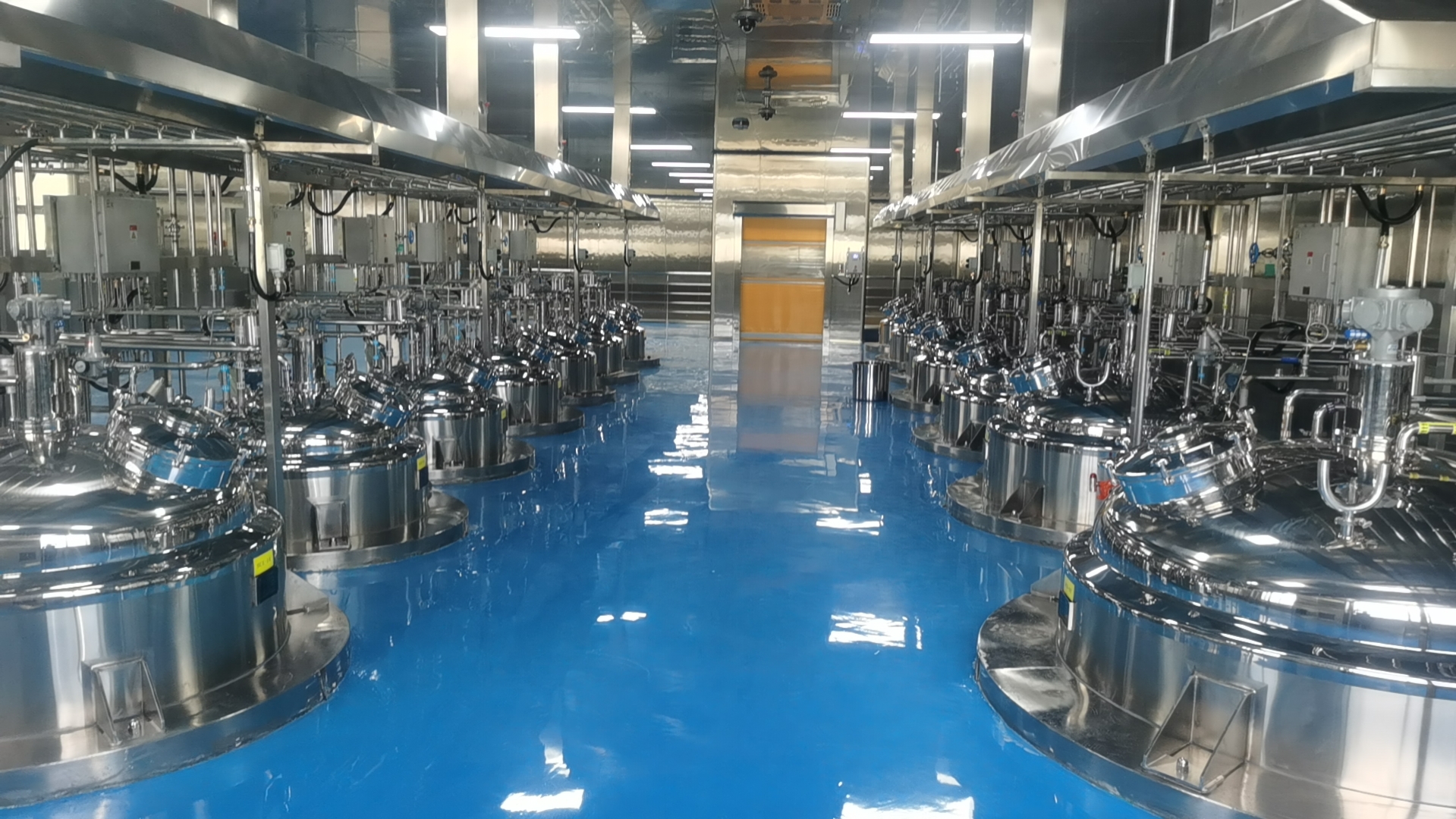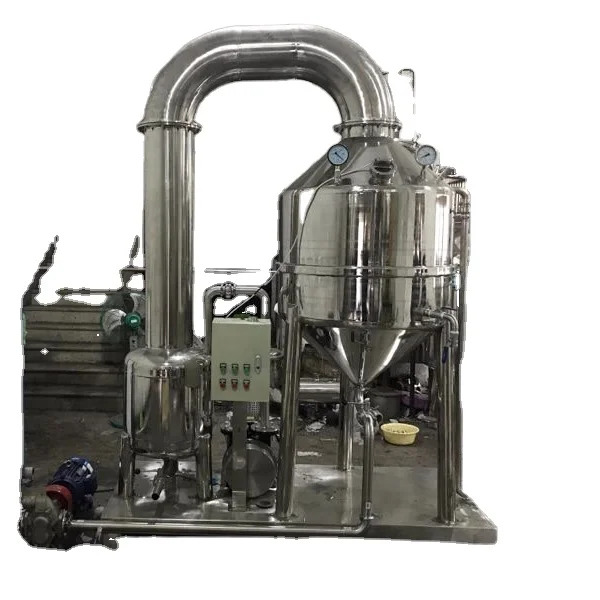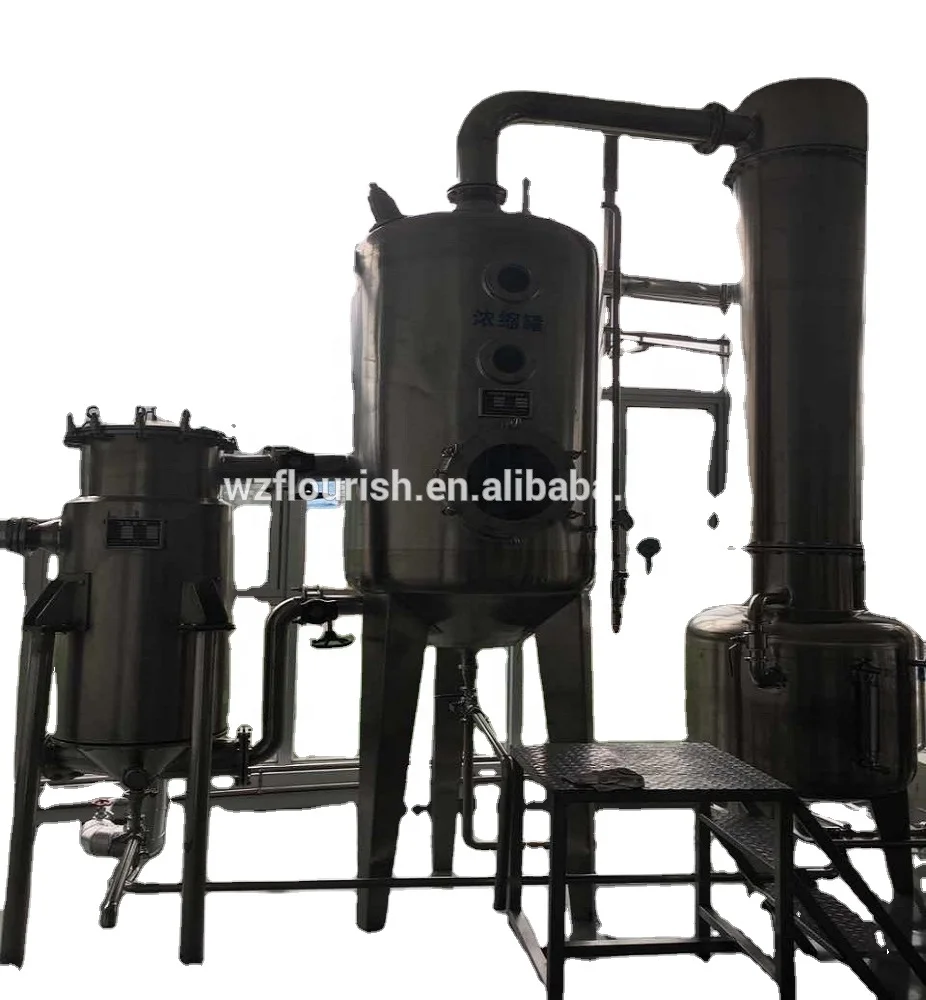
ABOUT
Wenzhou Vince Machinery Science Co., Ltd. was established in early 1980s. Our company covers an area of 6500 square meters and is an independent legal representative firm, possessing rich economic technology strength. Our company is a high tech enterprise and plays an important role in national dairy, foodstuff, pharmacy and machinery industries. We are a beverage machinery supplier.
Since the establishment, our company has mainly engaged in dairy products, foodstuff, beverage machinery, bean products, yellow wine, medicines and fermentation projects. What's more, our company supplies a complete sequence services in manufacturing, installation, test and personnel train, as well as the whole direction service design and consulting service on product project construction or enlargement artistic distribution engineering sets budget.
Fermentation Tanks: A Cornerstone of Modern Food Systems
From the humble sourdough loaf to the complex flavors of aged cheeses and fermented beverages, fermentation plays a crucial role in shaping our culinary landscape. At the heart of this process lies the unsung hero: the fermentation tank. These seemingly simple vessels are the workhorses of modern food systems, quietly transforming raw ingredients into delicacies that have nourished humanity for millennia.
The Alchemy of Fermentation
Fermentation is a natural process that involves the breakdown of sugars by microorganisms, such as bacteria and yeasts. This process produces various byproducts, including acids, alcohols, and enzymes, which contribute to the distinctive flavors, textures, and nutritional properties of fermented foods. Fermentation tanks provide the controlled environment necessary for these microorganisms to thrive and work their magic.
Types of Fermentation Tanks
Fermentation tanks come in a wide variety of shapes, sizes, and materials, each designed to accommodate specific needs. Some common types include:
- Stainless Steel Tanks: Durable and hygienic, these tanks are widely used for beer, wine, and industrial-scale food fermentation.
- Plastic Tanks: Lightweight and cost-effective, plastic tanks are suitable for smaller-scale fermentations and home brewing.
- Wooden Tanks: Traditionally used for winemaking, wooden tanks impart subtle flavors and aromas to the product.
- Clay Pots: Centuries-old methods of fermentation often rely on clay pots, which provide a breathable environment ideal for certain types of food.
Beyond the Basics: Key Features
Modern fermentation tanks often incorporate sophisticated features that optimize the process. These features include:
- Temperature Control: Precise temperature regulation is crucial for maintaining optimal conditions for microbial activity.
- Agitation Systems: Stirring or mixing the contents of the tank ensures even fermentation and prevents sedimentation.
- Oxygen Control: Many fermentation processes require carefully controlled oxygen levels to promote optimal microbial growth.
- Monitoring and Automation: Advanced tanks may have sensors and automation systems that monitor critical parameters and provide real-time feedback.
A Cornerstone of Global Food Security
Fermentation tanks play a vital role in ensuring global food security. By preserving food, enhancing nutritional value, and creating unique flavors, fermentation has been instrumental in providing sustenance to populations throughout history. These tanks continue to be essential for:
- Preserving Food: Fermentation extends the shelf life of perishable ingredients, making food more readily available and reducing waste.
- Enhancing Nutrition: Fermentation breaks down complex molecules, making nutrients more accessible and digestible. This can lead to increased bioavailability of vitamins, minerals, and probiotics.
- Diversifying Food Options: Fermentation opens up a world of culinary possibilities, allowing for the creation of diverse and flavorful foods.
A Future of Innovation
As food production and consumption patterns continue to evolve, the role of fermentation tanks is poised to grow even more significant. Research and development are constantly pushing the boundaries of fermentation technology, leading to new and exciting applications. From producing biofuels to developing innovative food ingredients, the potential of fermentation remains vast and promising.
SUBSCRIBE
INQUIRY





